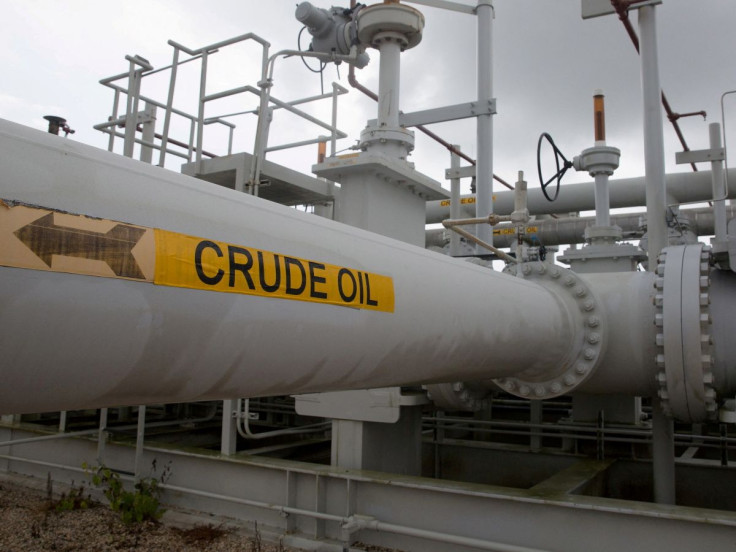Oil Rises As Tight Supply Counters Economy Fears And China Curbs

Oil prices edged higher on Tuesday, recovering earlier losses, as tight global supply and an expected pick-up in demand during the U.S. summer driving season balanced concerns over a possible recession and China's COVID-19 curbs.
The European Union is moving closer to agreeing a ban on Russian oil imports. Such an embargo is likely to be agreed "within days," Germany's economy minister said on Monday.
"That of course would put additional upward pressure on seeking alternative supplies," said Andrew Lipow, president of Lipow Oil Associates in Houston.
Another source of support is U.S. gasoline demand. Memorial Day weekend travel this weekend is expected to be the busiest in two years as more drivers hit the road and shake off coronavirus lockdowns despite high pump prices.
"It's quite a challenging market right now, but one thing is clear, it's still extremely tight and those pressures will keep prices elevated," said Craig Erlam, analyst at brokerage OANDA.
"Just not quite as much as it would if not for the recession warnings and Chinese COVID cases."
Brent crude rose 66 cents to $114.08 a barrel by 11:13 a.m. EDT (1513 GMT). U.S. West Texas Intermediate (WTI) crude rose 30 cents to $110.59 a barrel.
Oil has surged this year, with Brent hitting $139 in March for its highest since 2008 after Russia's invasion of Ukraine exacerbated supply concerns.
Even so, worries about threats to the global economy - a main theme of the Davos meeting this week - were behind price falls earlier on Tuesday.
Beijing is stepping up quarantine efforts to end its outbreak while Shanghai's lockdown is due to be lifted in a little more than a week.
The American Petroleum Institute's weekly inventory report will be in focus at 2030 GMT for a read on demand. Analysts expect lower gasoline and crude inventories. [EIA/S]
© Copyright Thomson Reuters 2024. All rights reserved.




















